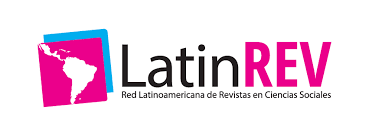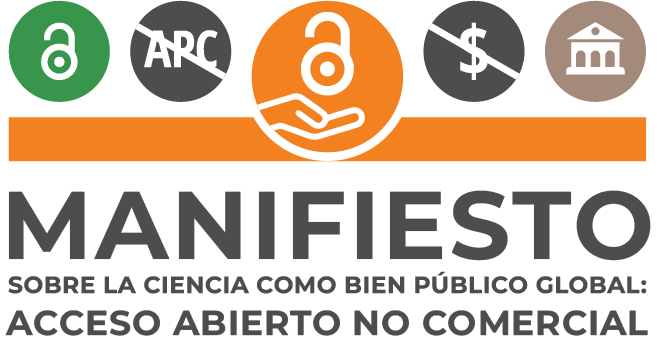Non-timber goods for the sustainability of women and ecosystems in the biosphere Trifinio Fraternidad
DOI:
https://doi.org/10.5377/ccs.v6i1.10531Keywords:
Non-timber goods, women, sustainable development, biodiversity, ecosystems, biosphere Reserve, El Salvador.Abstract
The purpose of this study was to establish Non-Timber Natural Assets (NTNF) as a viable alternative that contributes to the sustainable development of women, the conservation of ecosystems and biodiversity in the Trifinio Fraternidad Transfrontier Biosphere Reserve (RBTF). The research approach is of a non-experimental type, with an exploratory and descriptive level, with a mixed approach and "participatory research" typical of the social sciences, which implies the application of dialogic procedures among the participants, and which has been adopted by the social sciences. botanical, with use of inductive and deductive methods. Among the most relevant results are: the BNNM baseline registers a total of 357 identified plant species, grouped into 105 botanical families in the uses: food, medicinal, culture, craft and ornamental. 67.2% of the women have a medium to very high level of knowledge about BNNM, since they know and use more than 41 plants; Likewise, they are carrying out more conservation actions 54.35% compared to 18.48% carried out by men. There is great inequality in access to and control of land with 73.75% ownership in favor of men. It provides an antecedent of a conceptual framework for the theory and analysis of processes related to non-timber natural assets, women's sustainability and ecosystem conservation; It also provides information about the use, access, differentiated knowledge that women and men have about BNNM and that generates an unpublished baseline of BNNM of the RBTF municipalities of La Palma, San Ignacio and Citalá.
Downloads
Published
Issue
Section
License
Copyright (c) 2022 Revistasenliea

This work is licensed under a Creative Commons Attribution-NonCommercial 4.0 International License.
Los artículos de Ciencia, Cultura y Sociedad están publicados en acceso abierto bajo una licencia CC BY-NC-SA 4.0 de la Universidad Evangélica de El Salvador.


















